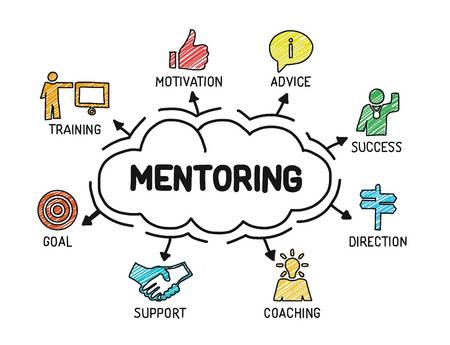
FAARM
The Framework for Accountability in Academic Research and Mentoring, advocates for a set of reforms that will incentivize training and data collection around graduate student mentoring.
By Josh Gyory, GSA VP of Academic Affairs
During the September General Body Meeting, the GSA unanimously voted to support ongoing efforts on a project to implement policies and practices to improve graduate student advising and mentorship. This early-stage project, known as FAARM, is a collaboration between the student leaders and advocates from various universities including Carnegie Mellon, MIT, and the University of Kentucky...just to name a few.
So what is FAARM?
FAARM, or The Framework for Accountability in Academic Research and Mentoring, advocates for a set of reforms that will incentivize training and data collection around graduate student mentoring. The framework goes above the university level and proposes these policies directly to the Federal Research Funding Agencies (FRFAs), who provide funding for many graduate students.
So why FAARM?
Universities are plagued by a growing mental health crisis that affects graduate students six times more than the general population. The poor relationships between graduate students and their advisors often exacerbates this problem. Currently, there are little to no incentives to promote good mentor relationships between advisors and their graduate students, especially when the advisors are tenured faculty. If implemented, FAARM will create incentives to support healthy mentor relationships, which could eventually create systemic changes in the mentorship culture of universities and research institutions.
How does FAARM work?
Under the FAARM framework, Federal Research funding Agencies will be asked to: collect annual data on time-to-degree, attrition rates, and graduate student mental health for all graduate degree programs at all federally-funded universities; report problematic behavior between students and mentors in a timely manner; establish clear policies that facilitate communication between agency staff and graduate students; query the training, mentorship, and professional development practices employed by federally funded research advisors.This data collection will enable grant applications to be augmented with responses regarding graduate student success and health. All data collection efforts will be conducted by FRFAs and ensure complete student privacy and any direct reporting from graduate students to FRFAs would be optional. Ultimately, this framework will allow FRFAs and university leaders to develop and share best practices and successful models for graduate student advising.
Want to get involved in the cause?
The GSA is a huge proponent of the FAARM project initiative. Still in its early stages, the project’s leaders welcome all interested graduate students to participate. If you are interested in helping out and/or want to learn more about FAARM, be sure to contact GSA’s Vice President of External Affairs Divyansh Kaushik (gsa-vpea@andrew.cmu.edu) and GSA’s Vice President of Academic Affairs, Josh Gyory (gsa-vpaa@andrew.cmu.edu).